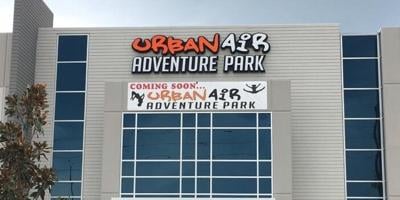
AUSTIN – Whether a release agreement covers future visits to a trampoline park will have to be decided by an arbitrator, as the Texas Supreme Court has affirmed a ruling sending a suit against Pearland Urban Air to arbitration.
According to the high court’s May 23 opinion, Abigail Cerna, along with her child, visited Urban Air on Aug. 30, 2020 and signed a release agreement, which contains a “broadly worded arbitration clause.”
A few months later, Cerna and her child returned to Pearland Urban Air on Nov. 21, 2020, and did not sign another agreement. During the second visit, Cerna alleges that her child was seriously injured when he cut his foot while jumping on a trampoline.
Court records show Cerna sued Urban Air and the company moved to compel arbitration. The trial court denied the motion and appellate court reversed the ruling, finding that whether the arbitration agreement extended to a second visit to the park is a challenge related to the scope of the signed release, not its existence.
“Because the parties had agreed to delegate such issues to an arbitrator, the court of appeals held that the trial court erred in declining to compel arbitration,” the opinion states.
“We agree with the court of appeals. Given the existence of a valid agreement to arbitrate, the question of the agreement’s duration is one asking whether the claims asserted fall within the agreement’s scope.”
Court records show Chevron filed an amicus brief in the case praying that the high court “issue an opinion clarifying that courts, not arbitrators, should apply traditional principles of contract law to decide whether an arbitration agreement applies beyond the contract in which it appears.”
Cerna is represented by The Hadi Law Firm.
Wood Smith Henning & Berman represents Urban Air.
Supreme Court case No. 24-0273




